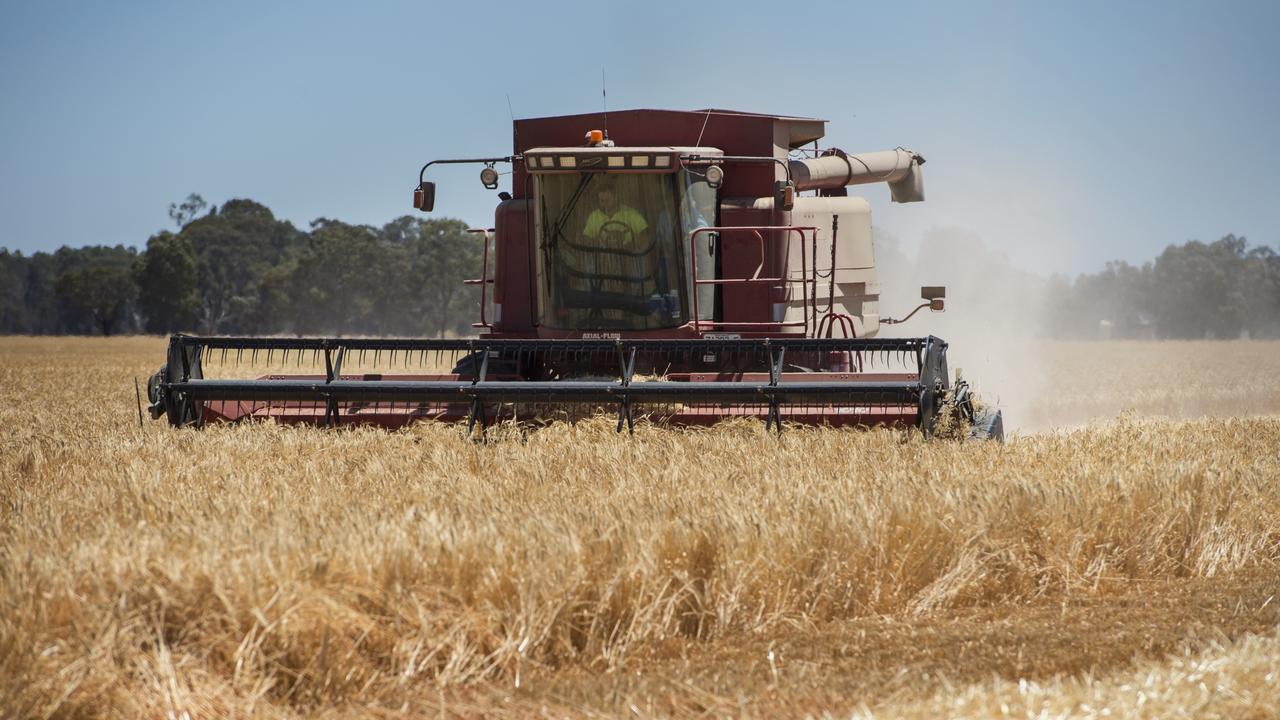Grain trade: Year of turmoil causes volumes to drop at Port of Melbourne
The number of available shipping containers has dropped dramatically since the start of the year. See what factors are to blame for the decrease.
A MIX of drought, bushfires, the Chinese New Year and the coronavirus pandemic has caused trade volumes at the Port of Melbourne to drop.
According to the latest data from the port, the availability of 20-foot (six-metre) total-empty containers fell from 60,231 in January to 48,551 in February. In December the number was 69,575.
“Every Chinese New Year, which typically occurs in mid-January to mid-February, there is a lull in Chinese manufacturing, which leads to shipping lines cancelling vessel sailings to reduce shipping capacity,” Port of Melbourne chief executive Brendan Bourke said.
“With additional sailings cancelled due to coronavirus, shipping lines used the available capacity for full export containers, and empty containers were stockpiled in depots.”
However, Mr Bourke said higher trade volumes were expected this month.
“We understand that containers held up in Chinese ports during their lockdown period will be received in Melbourne through late March and early April, which is likely to lead to higher volumes,” he said.
Meanwhile, overseas exports of 20-foot containers rose to 52,292 in February, compared with 44,115 in January.
“February numbers were supported by higher levels of stock feeds and cereal grains,” Mr Bourke said.
“The January volumes were not as high as expected due to the combined effect of the drought and bushfires.
“This was most evident for timber, our single largest export commodity, which was 48 per cent down on the average of the previous 12 months.”
For dry bulk shipping, the drought caused some agricultural commodities, including grain, to be shipped domestically. In December last year, dry bulk trade volumes were at 260,422 revenue tonnes compared to 221,570 in January this year. However, volumes lifted in February, reaching 392,544 revenue tonnes, following the first export of barley in about two years.
“The drought caused some agricultural commodities such as western Victorian grain for feedlots to be shipped domestically rather than exported overseas,” Mr Bourke said.
“A shipment of barley in February was our first bulk export shipment of grain since September 2018.”.


